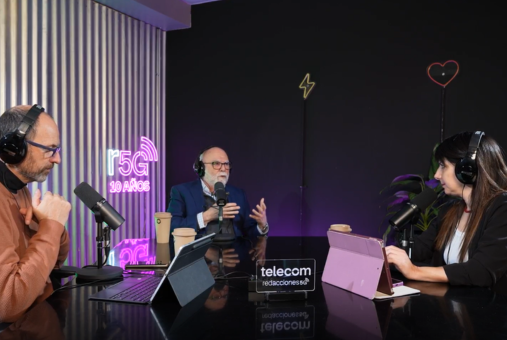
LJR presents five podcasts that address issues impacting journalism, from press freedom threats to the digital revolution.
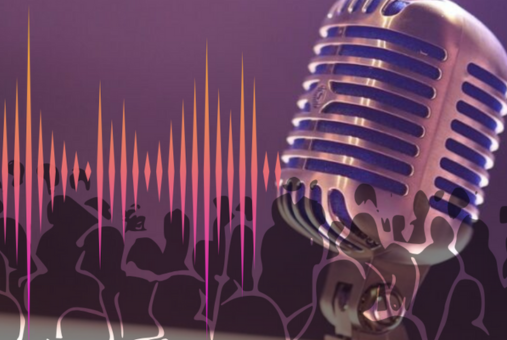
A recent podcast episode sparked controversy in Brazil by telling a personal story without including the other side. The case raises a key question: to what extent do the ethical dilemmas of new formats differ from those of traditional media?

From AI tools to combat censorship and disinformation to international collaborations exposing cross-border crime, these 10 projects advanced journalism and made an impact on their communities.

Cuban journalist José Nieves speaks with colleagues from Cuba, El Salvador, Nicaragua and Venezuela about membership campaigns, content agencies, virtual stores, holding events, and sustainability challenges.

In Latin America, “podcast” and “Spotify” became synonymous; now the audio industry is reckoning with the company’s retreat.
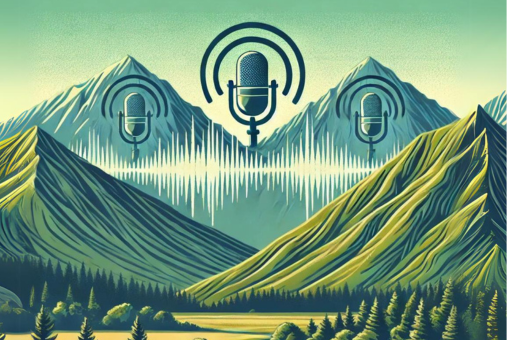
The creators behind Periodismo de lo posible are rethinking what it means to have an impact with journalism, looking beyond clicks and efforts to go viral.
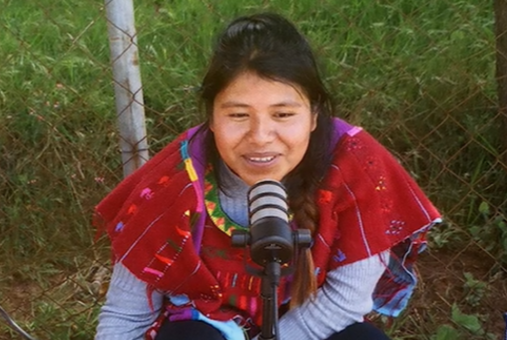
Nayelli López Reyes, a weaver and an activist, created a vivid podcast of courageous women speaking out against violence in their community.

The podcast market is booming in Latin America, with annual growth expected to reach almost 30% by 2032. Many narrative journalism podcasts are riding the wave. The author of a pioneering study on the subject in Brazil shares techniques to capture listeners' attention, from theater to sources.
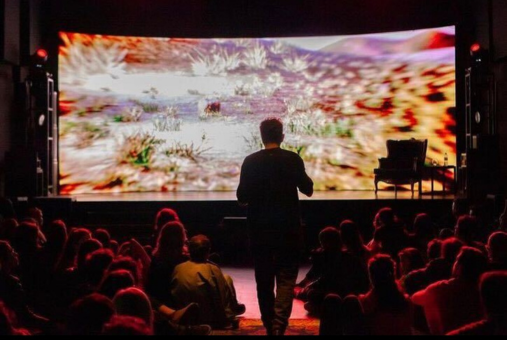
After meeting during a Knight Center course on audio storytelling, two journalists collaborated across borders on an immersive podcast about a jailbreak of political prisoners that happened in the middle of Lake Titicaca in 1972. The course was a chance to meet, network and exchange experiences with colleagues working around the world.
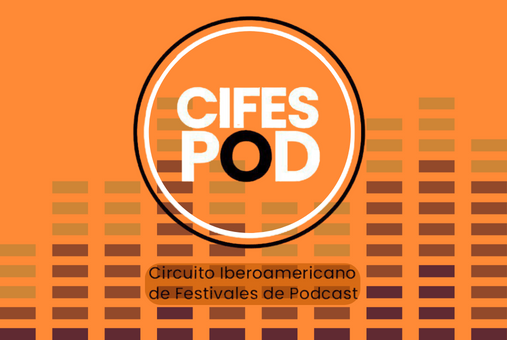
Seven podcast festivals comprise the Ibero-American Circuit of Podcast Festivals (CIFESPOD, by its Spanish acronym). The circuit’s goals include gaining recognition of podcasting as a cultural industry, joining forces for fundraising, creating a Latin American award for best podcast, and strengthening the production of narrative journalism pieces in audio.

Representatives of Radio Ambulante, Dementes, Revista Late, Dudas Media, and Convoy Network spoke at the Estación Podcast festival about aspects of sound content creation in Latin America. These include financing methods, the value of catering to a defined audience and the importance of protecting the intellectual property of productions in the face of streaming platforms.

Journalists in Latin America have found in true crime podcasts an ideal platform for bringing investigative reporting on real crime to new audiences. However, journalists still face major challenges in terms of distribution and monetization.